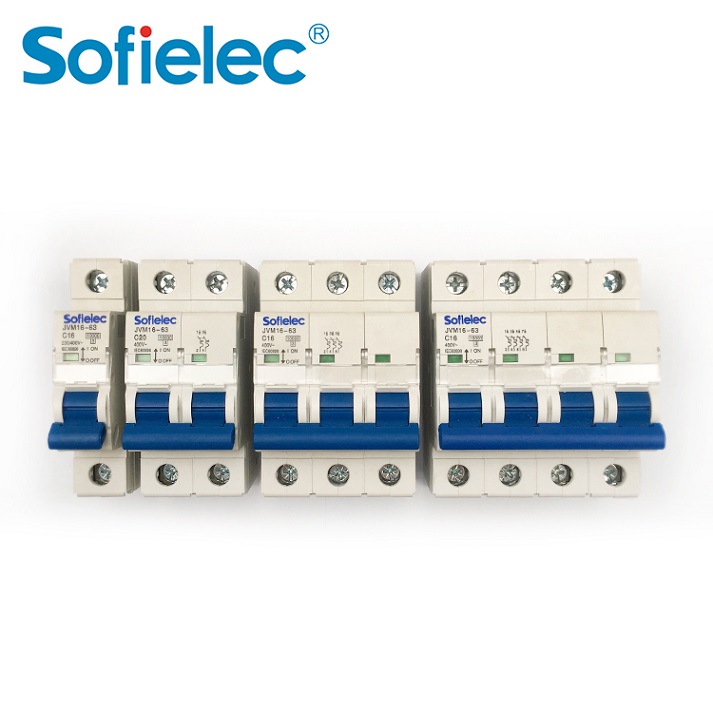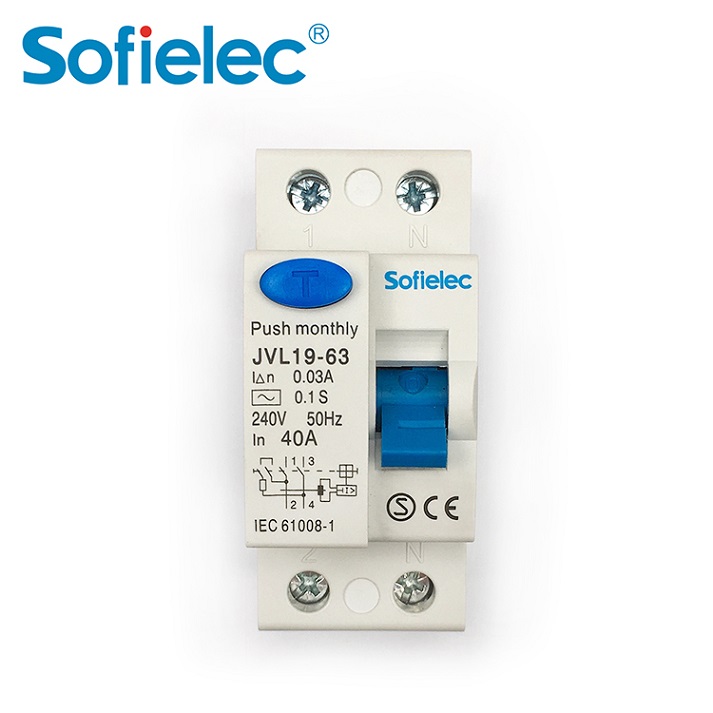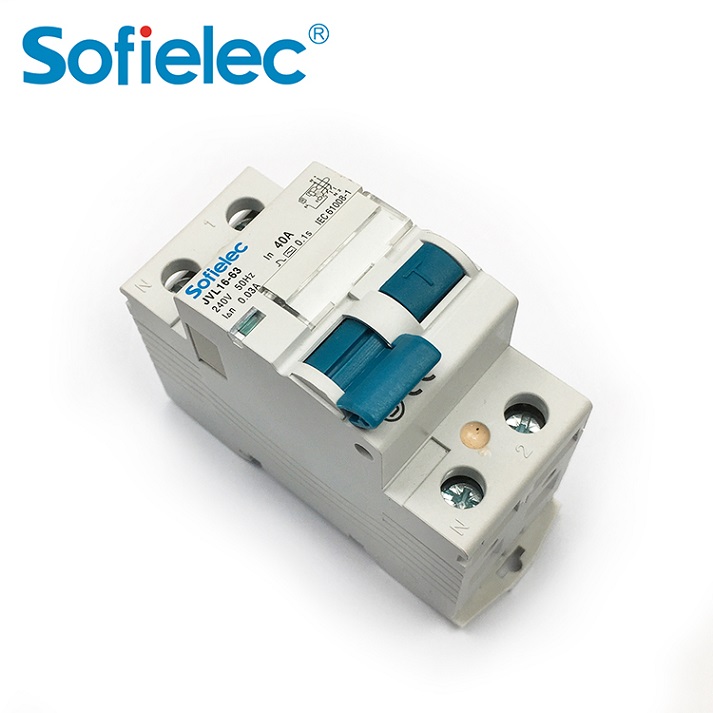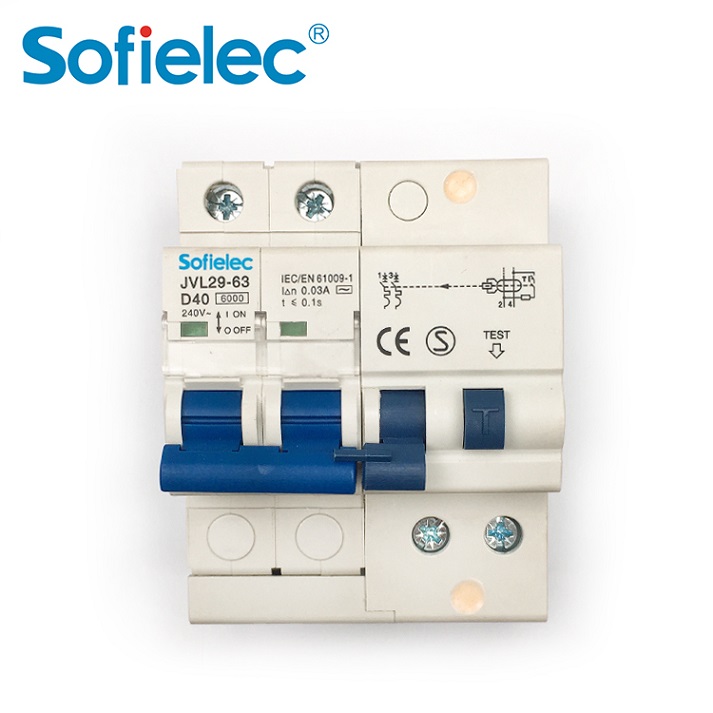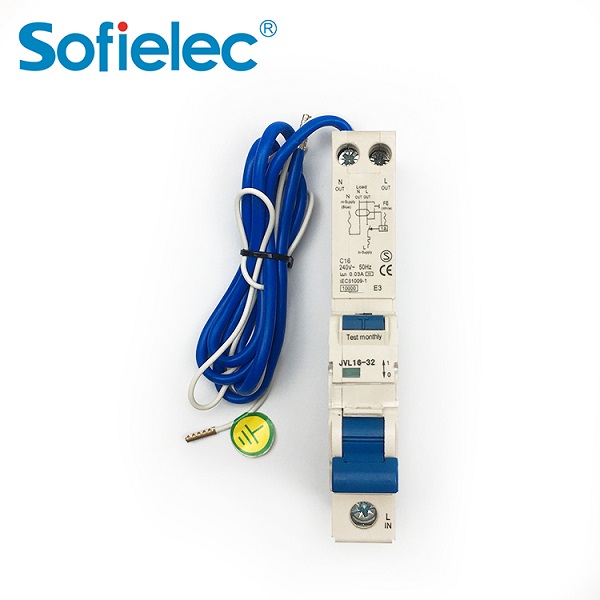What do you want to know about circuit breakers
The advantages of our circuit breaker product
Our products have an independently designed appearance, various CE, CB and other certifications, exquisite packaging, mature products, and reliable quality. We have professional export experience, fast response time, good service, and can reply to your message as soon as possible.
Where are circuit breakers usually used?
Mainly suitable for circuits with AC 50Hz/60Hz, rated working voltage of 240v/415v and below, and rated current up to 60a. This circuit breaker is mainly used for overload and short circuit protection of electrical lines and equipment in modern buildings, and is also suitable for infrequent operation and isolation of lines.
What is the difference between A type and AC type leakage circuit breakers?
The main difference between A type leakage protector and AC type leakage protector is that the AC type only provides protection for AC leakage, and cannot act on DC pulsating leakage, thus not providing protection; The A type not only protects against AC leakage, but also against DC pulsation leakage. Therefore, Type A has more comprehensive and safe leakage protection than Type AC.
Why does the leakage protector not trip?
Due to the principle of a leakage protector that the current flowing into and out of the leakage protector is equal, the leakage protector operates normally. If the current flowing into and out of the leakage protector is not equal, the leakage protector will act and cut off power
What is segmentation ability
Breaking capacity refers to a special function of a circuit breaker switch. There are specifications such as 4.5KA and 6KA, and the breaking capacity of a circuit breaker refers to its ability to safely cut off fault current (often a determining factor of price), which is not necessarily related to its rated current. Generally divided into ultimate breaking capacity Icu and operating breaking capacity Ics.

